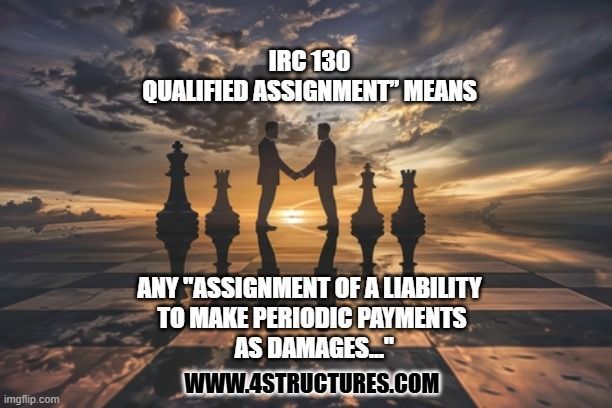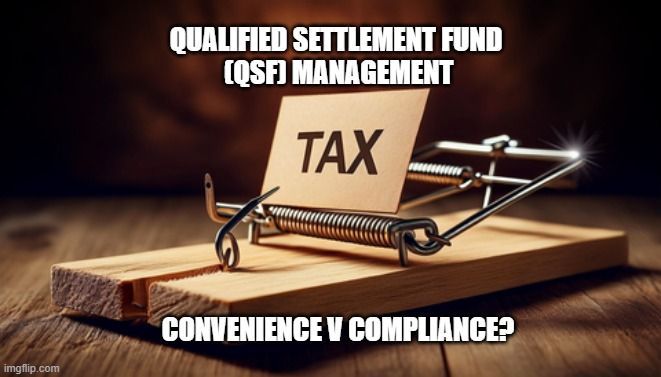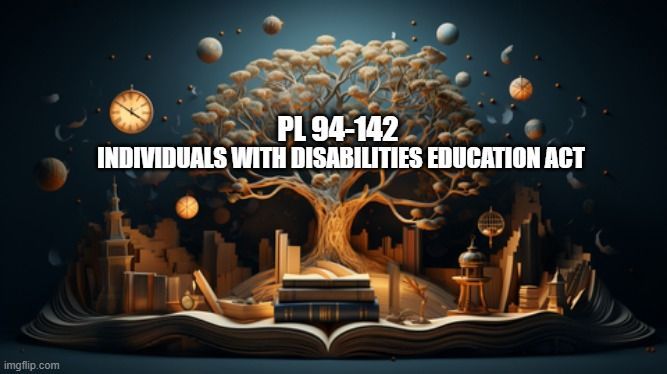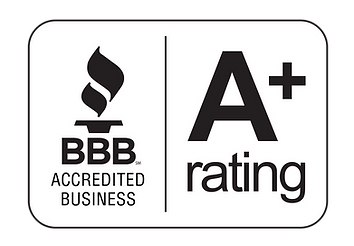Long Term Disability Settlement For Lump Sum
Avoid Lump Sum Disability Settlement | The Math Sucks!
WARNING! Taking a lump sum disability settlement from your employer or your employer paid long term disability (LTD) insurance company could be a very big financial mistake.
1.Employer paid disability insurance payments are taxable.
2.When you are receiving employer paid LTD benefits, payments are taxable in the year received, whether insured or not.
3. The lump sum you would be paid will be fully taxable if the LTD insurance is an employer paid perk.
4. A lump sum settlement is taxable in the year received.
5. A lump sum settlement could push you and your spouse (if your spouse works and filing jointly) into a higher tax bracket.
6. A lump sum payment could impact asset sensitive public medical assistance to the extent you are receiving it and your expected family contributions for financial aid.for your children's edication
7. In arriving at the lump sum that you are being offered the employer or LTD insurer is using a discount rate to come up with present value of your future payments. The discount rate being used is probably taken from a government or corporate bond index and doesn't take into account the taxes that would be due on a lump sum settlement.
8. In addition to taxes, if you hire a lawyer to represent you the lawyer will be entitled to legal fees and expenses, subject to your retainer agreement with the lawyer or law firm.
9
. Failure to take this into account in taking a lump sum settlement, could be a financial disaster for the employee/claimant, possibly leaving a net of only 1/3 of the settlement and little hope of replacing the income replacement they had previously enjoyed. Don't be fooled!
Structured Settlements for Employer Paid Disability Claims or Employer Paid LTD Insurance Claims
A structured settlement, funded using a non qualified assignment mechanism or periodic payment reinsurance, enables the payee to establish an income stream that is similar to what the employee/claimant was receiving while receiving payments from the employer or employer paid disability insurance.
What if the Employer/LTD Insurer Will Not Agree to a Structured Settlement?
If an employer and insurers are unwilling to sign non-qualified assignment or enter into a reinsurance agreement, then the employee/claimant should seriously reconsider the value of the employer's or employer paid LTD insurer's lump sum settlement offer, because the settlement math truly sucks.
Do The Disability Lump Sum Settlement Math
Discount 1 The higher discount rate used by the employer/LTD insurer which fails to take into account taxes you will pay
PLUS
Discount 2 The discount from your attorney fees
PLUS
Discount 3 The discount from the taxes you actually pay
Discount+ Discount+ Discount=SUCKS
















